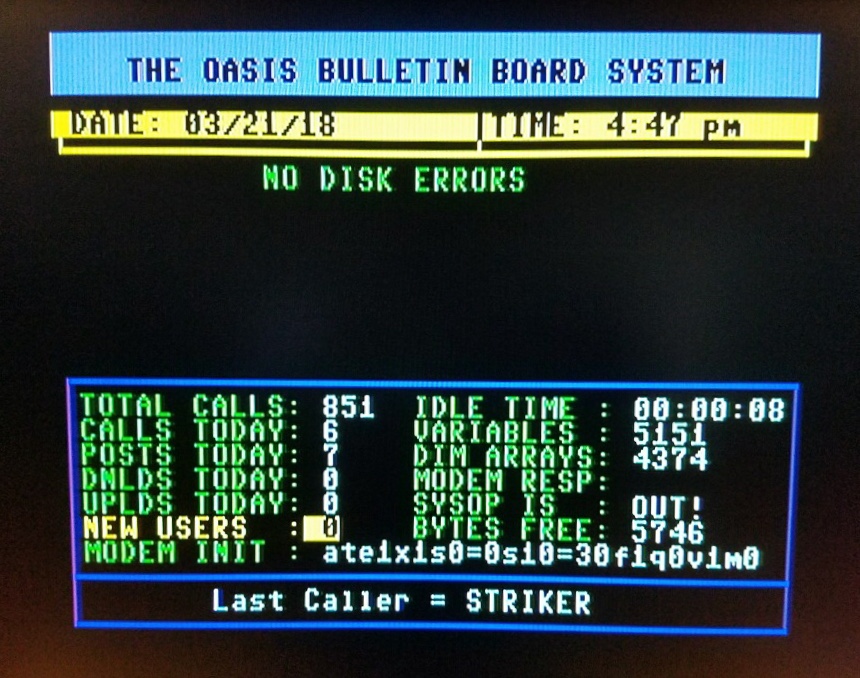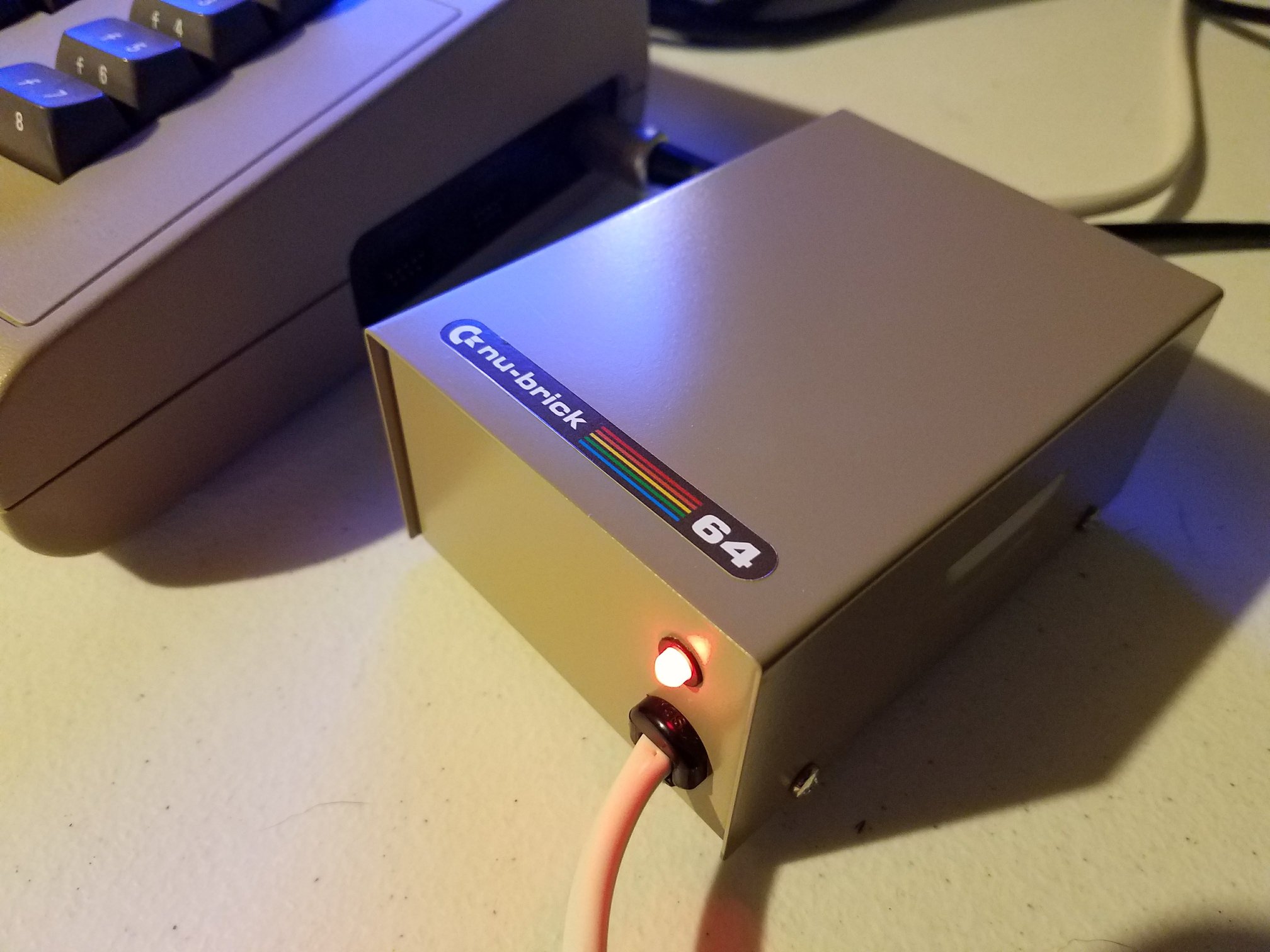Lee from More Fun Making It takes viewers through the build and testing of a new DRAM chip tester that promises better speed and accuracy than the usual tools. Designed by Tube Time and based on a Raspberry Pi Pico 2, this open-source project aims to improve fault detection on vintage memory chips—something any retro computer repair enthusiast can appreciate.
What Makes This DRAM Tester Different?
Lee starts by comparing the new Pico DRAM Tester with two others he regularly uses: a common eBay RAM tester and the more advanced Retro Chip Tester Pro. While each has its strengths, the Pico-based option offers a unique advantage—it tests RAM at actual working speeds, thanks to its 300 MHz overclocked microcontroller. That allows for timing accuracy as fine as 3.3 nanoseconds, a major step up from the ATmega-based Retro Chip Tester Pro, which isn’t fast enough for proper timing analysis.
That speed means it can reveal issues with DRAM chips that would otherwise pass slower, simpler tests. As Lee shows, this matters when trying to fix machines like the Atari 800 XL, which can behave erratically with memory that technically “works” but doesn’t meet timing specs.
Building the Tester
Lee takes viewers through every part of the build. The kit arrives well-organized and includes clearly labeled parts, a detailed bill of materials, and even a spare PCB. It supports multiple display types, handles three different voltages needed by older chips like the 4116, and runs from USB or a bench power supply.
Assembly is straightforward, although Lee points out a few things he’d change—like giving users the option to socket the Pico board or adding a barrel jack for power. A buzzer for failed chips would’ve been nice, too.
Despite a minor hiccup on the first test run (the software is still in beta), the unit worked well once built. Lee tests dozens of chips from his “dead” pile and gets some surprising results—including chips that pass on the Pico tester but fail on both the Retro Chip Tester Pro and the eBay version.
What the Tests Revealed
Throughout the video, Lee runs side-by-side comparisons using all three testers:
- Retro Chip Tester Pro: Broad support for various chips, including logic and ROMs. Accurate, but slow and bulky.
- eBay Tester: Fast and convenient. Lacks advanced tests but includes helpful visual indicators, like flashing blue LEDs for retention issues.
- Pico DM Tester: Fastest of the three. Its speed testing exposes subtle faults others miss. However, it currently lacks a way to recognize partially working DRAM chips—something the other two testers can handle better in specific cases.
To see which tester gives the “correct” result, Lee installs one of the questionable chips into a ZX Spectrum and plays Manic Miner—a wonderfully scientific way to confirm it’s working just fine.
Final Thoughts
The Pico DM tester isn’t a one-size-fits-all solution. But it fills an important gap—quick, accurate timing tests on a small, affordable platform. It’s ideal for anyone working with classic 8-bit systems, and the open-source nature of the project means it can only get better.
Lee also notes some wishes for future updates: onboard sound, improved screen options, and more reliable power connectors. That said, the tester earned a permanent spot on his workbench.
And of course, if you see Lee at Retrofest, don’t forget the secret phrase: “I need to test my RAM. Can you help me?” You might just walk away with a free board.







